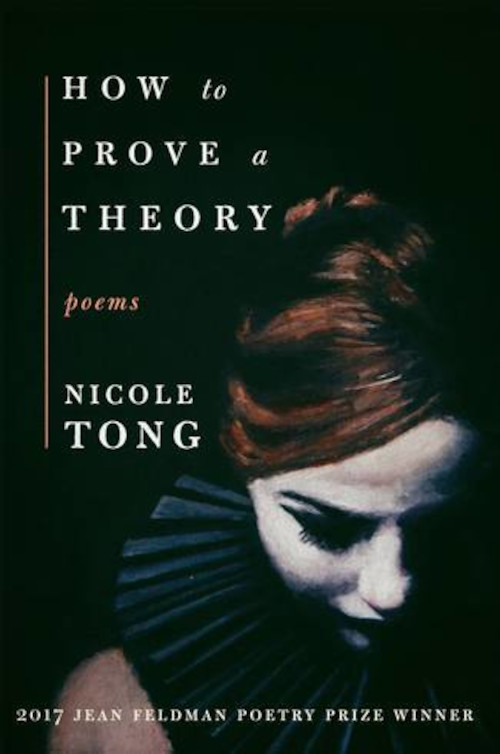Forget about smoking weed with soccer players in the woods near the Methodist churchwhile I said Hail Marys and kept watch. Shifted my weight from hip to hip as if to ask, Is this attractive?Waited for feedback from the shadows. Forget Mom and Dad, you’d say. They’re some kind of crazy.We repacked bags with the seasons. Buried them in the backs of our closets. Clothing and essentials in case.Thought one morning I’d find you long gone since ours was a house of exits.But when, in my sixteenth year, you watched my slight frame get smaller as the car pulled awayfrom the boarding school parking lot, I knew what you knew: the difference between not speaking and letting something gounspoken. Between what actually happened and the mythologies we tell our husbands decades later. We say, Mom wigged out. We don’t saythe institution’s name. We can’t say, That was the year we saw Dad pull the trigger. I said, You’re such a bitchwhen I meant Remember. You were there. You walked beside me each day.
Feature Date
- November 28, 2022
Series
- What Sparks Poetry
Selected By
Share This Poem
Print This Poem
“Sister” from HOW TO PROVE A THEORY, Winner of the Jean Feldman Poetry Award from the Washington Writers’ Publishing House, by Nicole Tong.
Published by Washington Writers’ Publishing House on September 8, 2017.
Copyright © 2017 by Nicole Tong.
All rights reserved.
Reproduced by Poetry Daily with permission.

Nicole Tong is the author of How to Prove a Theory (Washington Writers Publishing House, 2017), winner of the Jean Feldman Poetry Prize. She has received fellowships from the Vermont Studio Center, Virginia Center for the Creative Arts, and George Mason University where she received an MFA. Tong was the inaugural Fairfax Poet Laureate and currently lives in Richmond, Virginia.
In this brave, elegiac debut, How to Prove a Theory, Nicole Tong relies on empirical evidence to construct meaning in the wake of a series of losses that include a childhood lost to trauma, a best friend lost following childbirth, a brother-in-law, a father, and a generation of children in the poet's hometown after a water contamination event. In the face of loss, the poet describes grief as embodied: "I know / neither how to hold you up nor where / to safely place you down." Revelation's uncanny comfort comes as the "process called trust / keeps happening."
"Balanced between before and after, breathes Nicole Foreman Tong's How to Prove a Theory, a collection of poems impeccably made. If poetry can work as solace in the face of loss, these poems are the proof. Like a sieve, or a net, it is as though Tong understands the delicate necessity of openings in order to hold onto anything: 'The present always wants/ another passing between/ worlds.' Quite simply, this is a beautiful debut."
— Sally Keith, author of River House
"The evidence Nicole Tong's How to Prove a Theory offers is a testimony of storms and tides, of memory and tested insights, each deeply moving poem a thought experiment, a theory to explain the inexplicable... Grief runs through the book, a grief that threatens with each new storm surge to sweep away everything in its path, and yet does not. The poems themselves are the bulwark of resistance, of resilience against loss. The poet never surrenders—not to the defenses of numbness or to the escape of self-pity. Instead, like Dickinson, whom Tong aptly invokes, she writes of loss and its aftermath with courageous intensity and taut lyric beauty. I already can't wait to read this amazing young poet's next book!"
— Jennifer Atkinson, author of The Thinking Eye
Poetry Daily Depends on You
With your support, we make reading the best contemporary poetry a treasured daily experience. Consider a contribution today.




